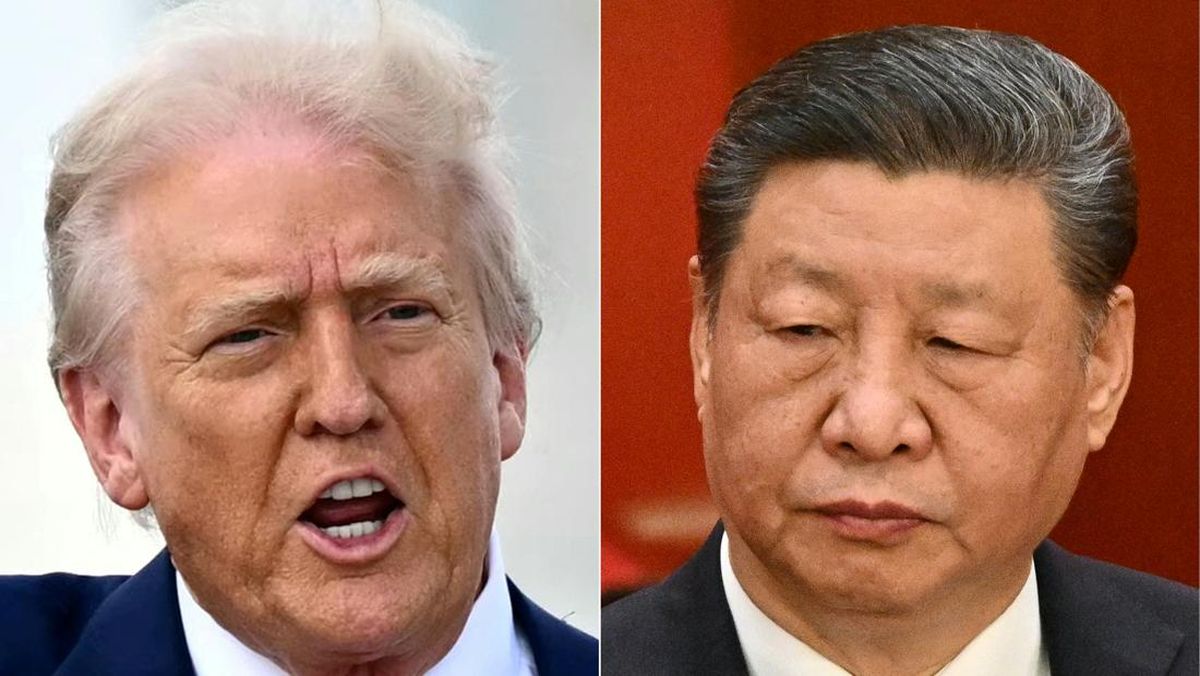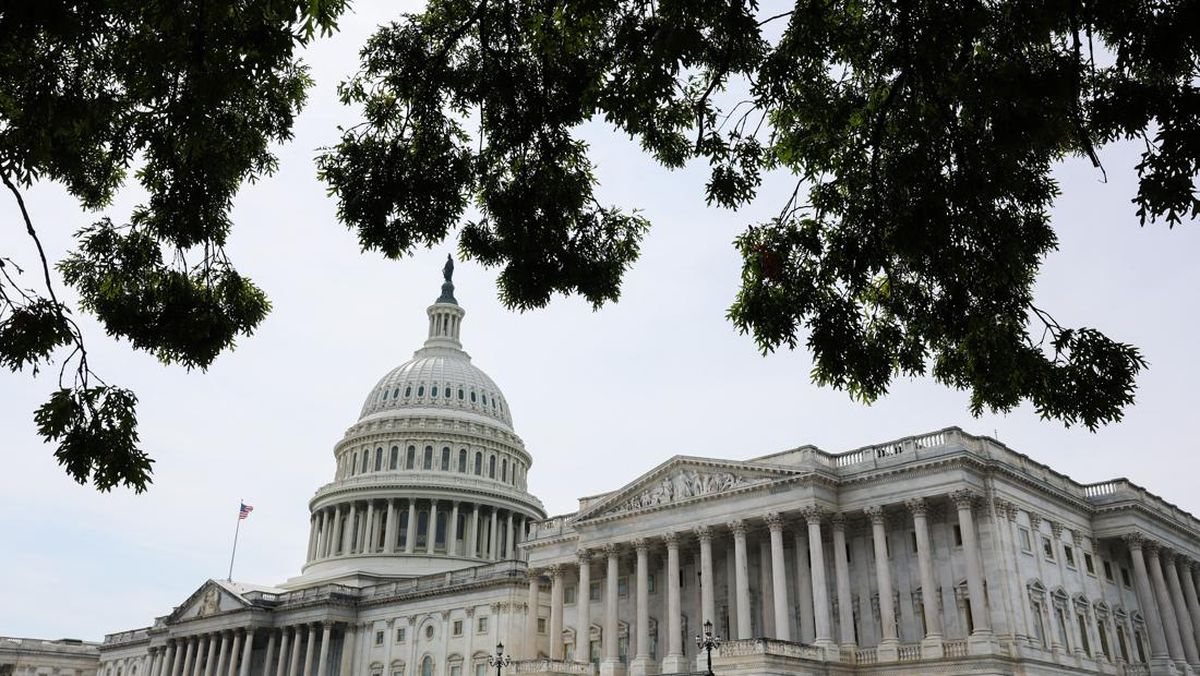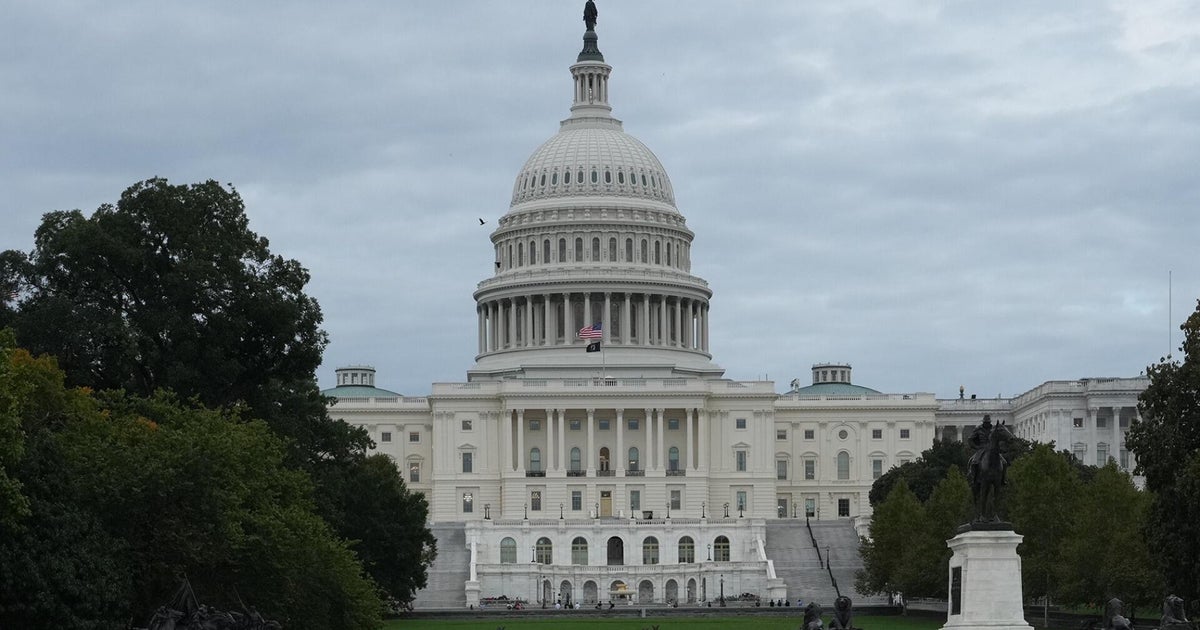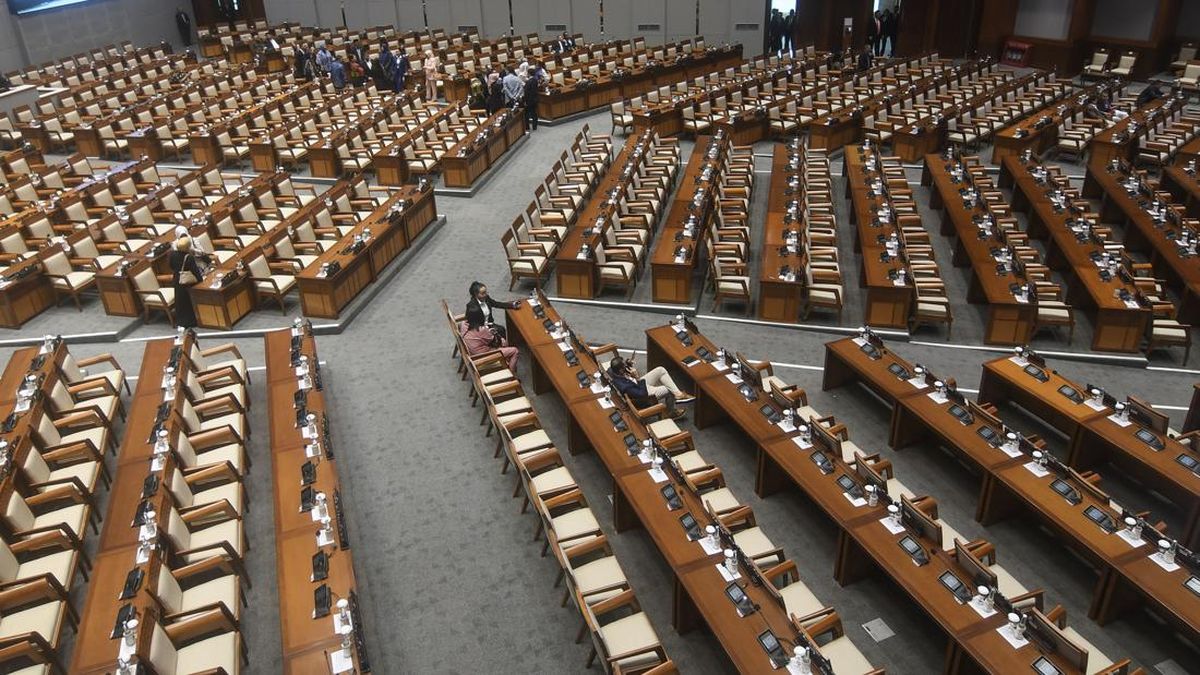Opinion
September 15, 2025 — 12.15am
September 15, 2025 — 12.15am
Economists like us to think they’re cooly rational in all things. Nah. They’re just as susceptible to fads and fashions as the rest of us. In my working life they’ve gone from being obsessively worried about Australia’s financial dealings with the rest of the world to neither knowing nor caring.
When the “balance of payments” figures – which summarise all our financial dealings with other countries – are published each quarter, they go almost totally unreported and unremarked, meaning most economists have no idea of how our position in the financial world has changed, or why.
But two honourable exceptions are the Reserve Bank’s Penny Smith, who gave an amazing but little-noticed speech about it in 2023, and Deloitte Access Economics’ John O’Mahony, who has written an eye-opening paper about it.

Credit: Getty Images
O’Mahony noted that, when you looked at rich countries’ “net international investment position” they could be divided into those that were always owed money by the rest of the world and those that always owed money.
The “creditor nations” included Germany, Switzerland and Japan, whereas the permanent “debtor nations” included Canada, New Zealand and ... Australia. But, O’Mahony said, we may be on the way to becoming a “switcher nation” – moving from global debtor to global creditor.
To Smith, there’d been an “extraordinary decline in Australia’s net foreign liabilities”. She noted that, after reaching a peak of 63 per cent of gross domestic product in 2016, our net foreign liabilities had fallen to 32 per cent, “the lowest level since the mid-1980s”. Since then, they’ve fallen to 24 per cent.
So what’s causing this extraordinary change? Many factors have contributed, but one stands out: the Keating government’s decision in 1992 to introduce compulsory superannuation. But first, when were economists so terribly worried about our international finances, and why?
It was in the late ’80s and early ’90s, after we’d been forced in 1983 to abandon our fixed exchange rate and float the dollar. Economists saw the current account deficit was blowing out, causing huge growth in the net foreign debt. In the 12 years after the float, the current account deficit averaged 4.5 per cent of GDP. Whoa! Not good.
I can remember that whenever the latest balance of payments figures were published, the radio shock jocks would read the government another lecture on the folly of allowing the country to “live beyond its means”.
The consternation continued until the ANU’s Professor John Pitchford told the econocrats to wake up. All the international borrowing and lending was occurring in the private sector between “consenting adults”. They should be free to act as they saw fit – and bear the consequences should any of their decisions prove unwise.
With hindsight, it’s easier to see, as Smith has, that the economy was simply adjusting to the removal of the controls on inflows and outflows of financial capital, which had been part of maintaining a fixed exchange rate. After the float, foreigners could more easily invest in Oz, and Australians could more easily invest overseas.
Loading
Plus, back then we had to remember that the balance on the current account of the balance of payments represents the difference between how much the nation’s households, companies and governments choose to invest in new housing, business plant and structures, and public infrastructure, and how much those three sectors choose to save via bank accounts and superannuation etc, company retained earnings, and budget operating surpluses.
To an economist, the current account deficit equals national saving minus national investment. So, invest more than you save during a period – as we almost always do – and your current account is in deficit. You fund that deficit by borrowing the savings of foreigners, or allowing them to own Australian shares, businesses or property.
Which brings us to compulsory super. Keating and his ACTU mate Bill Kelty decided to introduce the “superannuation guarantee” mainly to give ordinary workers something better than the age pension to live on in retirement, but also because the econocrats decided Australians should be saving more.
The other rich countries had introduced national retirement schemes after World War II, but Keating’s scheme was very different. Whereas their schemes had contributions going straight into the budget, and pension payments coming out of that year’s budget, our contributions go to a private sector super fund for investment, with the same fund sending you regular payments once you’re in “pension mode”.
We’re not only saving more than we used to, we’re saving more than other rich debtor countries.
It’s mainly because our scheme has money invested and piling up in super funds, and because roughly half that money is invested on foreign sharemarkets, that our net foreign liabilities have fallen so far relative to GDP – and may one fall to the point where our foreign liabilities become our foreign assets. Our super savings now total $4.2 trillion, with O’Mahony estimating they could be as high as $38 trillion by 2063.
The national super scheme has been far more successful than expected in increasing Australia’s rate of saving. We’re not only saving more than we used to, we’re saving more than other rich debtor countries.
Largely as a consequence, we’ve been running a surplus on our international trade in goods and services since June 2018. And although we still run a current account deficit, it’s much smaller – about 2 per cent of GDP.
Loading
Back in the ’80s and ’90s, our net foreign liabilities were high because as well as our high and growing net foreign debt, we also had much foreign equity investment in Australia, particularly ownership of our mining industry.
But this equity liability to foreign owners of Australian companies and shares has steadily been outweighed by our growing ownership of shares in foreign companies. In June this year, our net foreign equity assets of $760 billion offset our (still-growing) foreign debt of $1420 billion, to reduce our net foreign liabilities to $660 billion, a mere 24 per cent of GDP.
And although it’s had help from an undervalued Aussie dollar and an overvalued world share market, most of the credit for this “extraordinary” fall in our net liabilities to the rest of the world goes to our unusual national super scheme.
Most Viewed in Business
Loading


















































